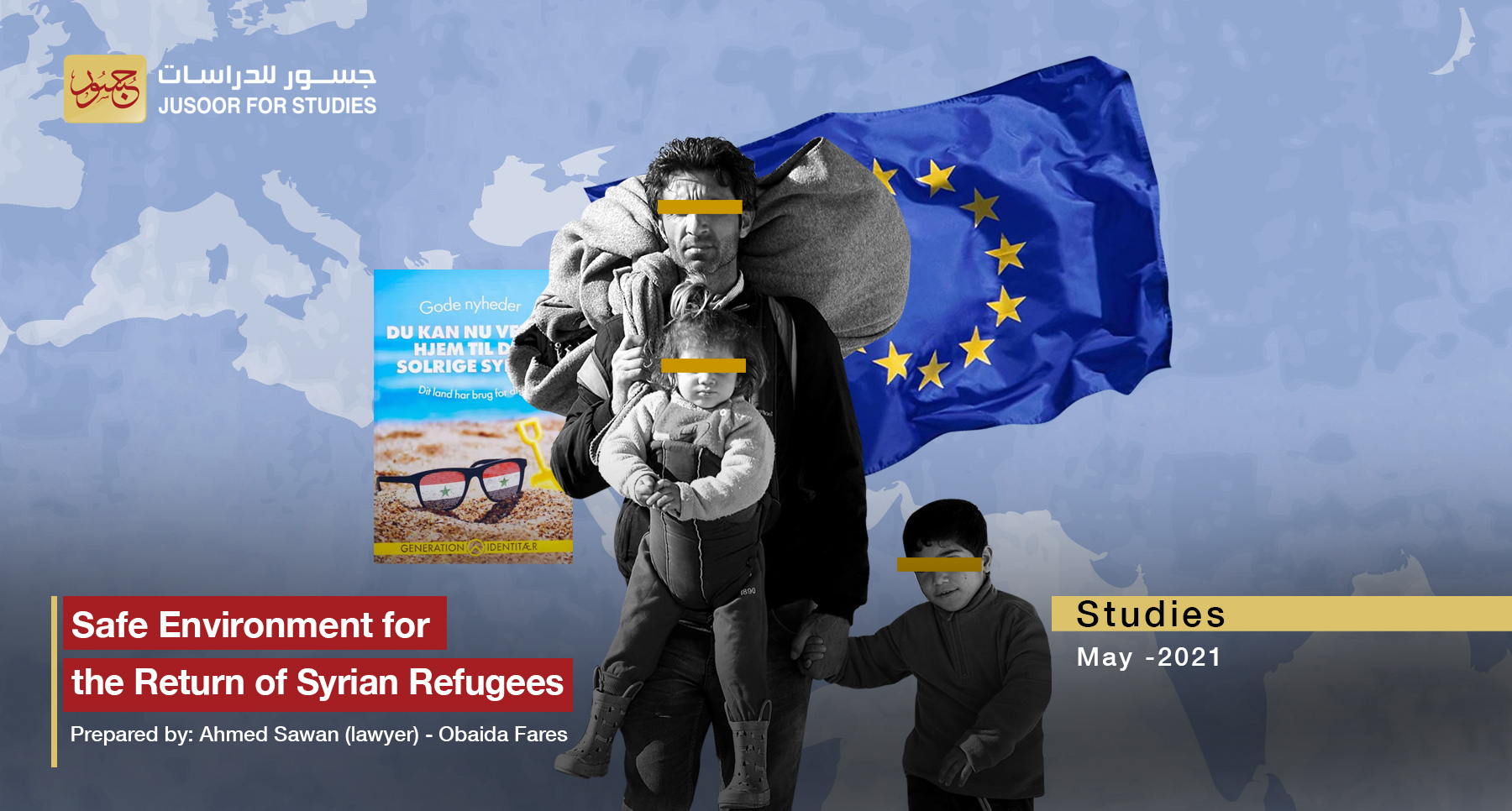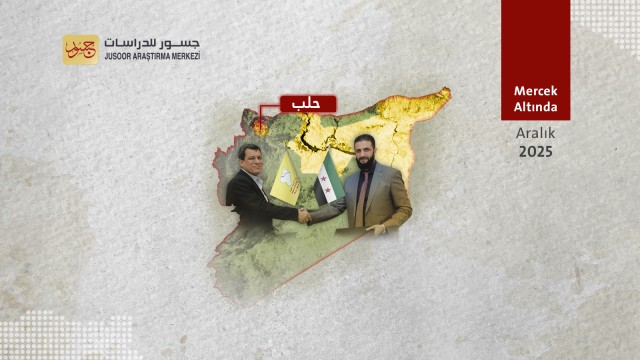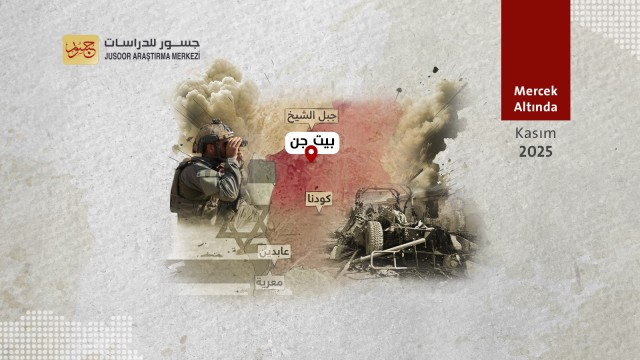Safe environment for the return of Syrian refugees
Safe environment for the return of Syrian refugees
Prepared By: Ahmed Sawan (Lawyer) - Obaida Fares
Introduction
On April, 29, 2021, Danish government tabled a Draft Bill to amend the Aliens Act to the Danish Parliament, which allows the government to transfer refugees who are neither accepted in Denmark nor can be returned to their country, to third countries.
The new bill coincided with the announcement of the signing of an agreement between Denmark and Rwanda, the Danish government represented by the Ministers of Immigration and Integration "Mattias Tesfaye", and for Rwanda it was the Minister of international Development, "Flemming Møller Mortensen", as the agreement includes Rwanda's readiness to be the host country that would open an offshore asylum center in Africa. The agreement was signed just before the government tabled its bill .
In April, the Danish Immigration Service informed hundreds of Syrian refugees on its land whose asylum applications had been rejected that it would repatriate them to Syria, based on the Danish government's assessment of the situation in Damascus and its countryside that it was safe and appropriate for the return of refugees .
These Danish moves came in line with an increase in the level of hate speech directed against Syrian refugees, a discourse in which current and former politicians, civil society associations and political organizations participated in. For instance, a right-wing organization placed paid advertisements in the streets during April, urging refugees to return to "sunny" Syria, as the ads stated .
In October 2020, the Danish Ministry of Immigration and Integration issued a report on the security, economic and social situation in Syria. The report concluded that the governorates of Damascus and Rural Damascus have become safer compared to the rest of the regions in the south, although the report indicated an increase in kidnappings for ransom, explosions by unknown sources, the continuing risk of arrest by regime checkpoints, and the inability of ordinary people to reach the affected areas in Damascus and its countryside, in addition to the economic crisis that Syria is going through and the poor public services in the country.
The Danish government report based on a large number of Syrian sources, including an interview with the Jusoor Center for Studies on August 25, 2020, and other Syrian research centers and media outlets and institutions. The Syrian sources interviewed (as the report put together all the information and analysis provided by these sources) agreed that the environment in Syria is not safe in any way for the return of refugees, except for indications that the fighting has stopped in some areas such as Damascus and Rural Damascus.
This report reviews the reasons that led the Syrians to fled their lands, the concept of an environment that can be described as safe for their return, and what actually hinders this return.
To read the full report, you can download the PDF version (click here)








